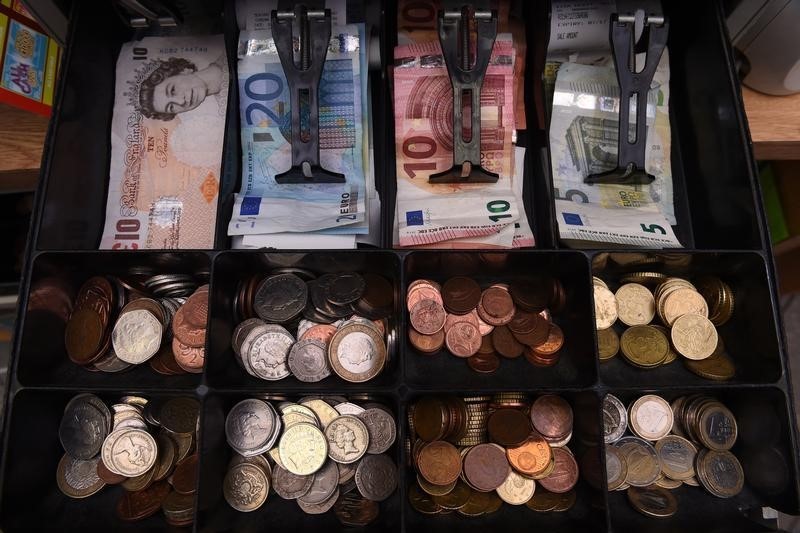ExchangeRates.org.uk - The Euro (EUR) got off to a positive start this week, after Donald Trump’s announcement of his pick for Treasury Secretary helped alleviate concerns over potential damaging tariffs on the Eurozone.Trump’s selection of Scott Bessent to head the Treasury was seen by analysts as a sign that the incoming US administration might take a more moderate approach to EU tariffs than previously anticipated.
The Euro then sought to consolidate these gains in mid-week trade in response to comments from influentialEuropean Central Bank (ECB) policymaker Isabel Schnabel, in which she remarked that there is only ‘limited room for further rate cuts’.
The Euro was then underpinned at the end of the week as the Eurozone’s latest consumer price index reported inflation in the bloc accelerated to a four-month high in November.
The Pound (GBP) saw limited movement at the start of last week as lingering concerns about the UK economy weighed on sentiment, following the previous week’s disappointing PMI releases.
Midweek, GBP exchange rates started to gain traction after Bank of England (BoE) Deputy Governor Clare Lombardelli delivered hawkish comments, highlighting the importance of maintaining a firm stance on inflation.
Lombardelli expressed particular concern over persistent services inflation and robust pay growth and suggested the BoE ‘had further to go’ in bringing them under control.
The Pound’s rally then lost steam later in the week as a lack of key UK economic data left investors without fresh catalysts to sustain Sterling's upward momentum.
GBP/EUR Forecast: Uptick in German Factory Sector Activity to Lift the Euro?
Turning to this week, we may see the Pound to Euro exchange rate pressured by the release of German industrial data as markets seek to monitor the health of the Eurozone’s largest economy.
Economists forecast we will have seen a rise in both factory orders and industrial production in October, with a potential expansion offering support to the single currency toward the second half of the week.
However, the Euro may struggle in the first half of the week as November’s finalised Eurozone PMIs are expected to confirm a contraction in the bloc’s private sector.
Likewise, unless it is revised higher in November’s finalised release, the UK’s latest services PMI is likely to act as a drag on the Pound.
This content was originally published on ExchangeRates.org.uk
